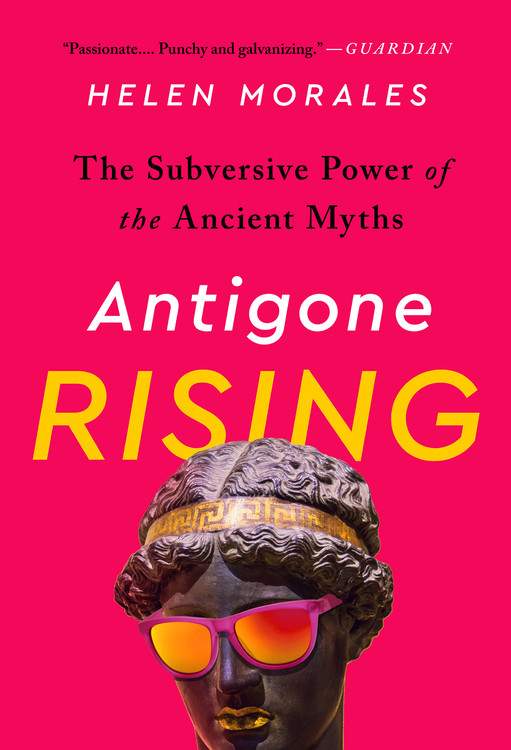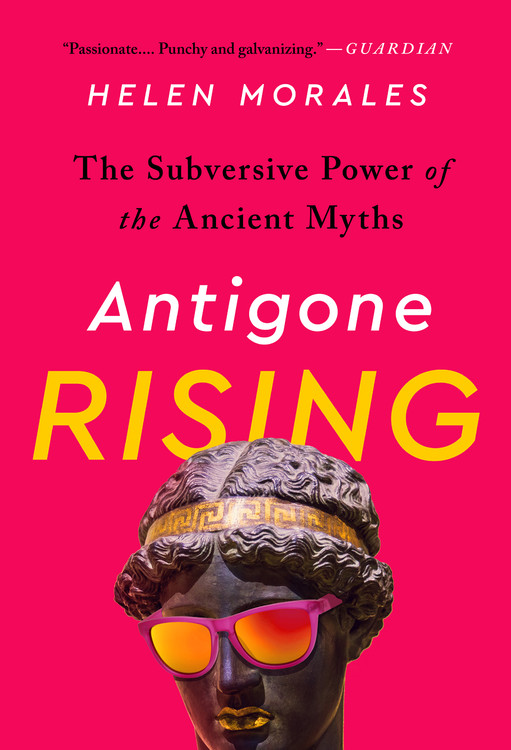
Kate Manne, Mary Beard, Rebecca Solnit and activists like Liberian sex strike leader Leymah Gbowee) Morales has crafted a really fun and productive look at the power of ancient myths in intersectional feminism today. Drawing from many stories and many great modern thinkers (Dr. Reading this it is clear she is a fantastic teacher and I would absolutely love to attend a full semester of lectures like this. While it is a delightful read for anyone with a working knowledge in the myths or social justice issues, One need not be well versed in mythology to enjoy it, Morales herself is the Argyropoulos Chair in Hellenistic Studies at University of California, Santa Barbara and very comfortably and effectively details the myths as needed towards making her larger point.


Broken into eight chapters that cover a wide range of topics from Incels and fatphobia to even a chapter on Beyonce’s use of restorative mythmaking and cultural ownership, Morales threads current social issues with lessons from the myths that helped to normalize these ideas in our culture long ago. Helen Morales in her book book Antigone Rising, ‘ and whether it is used to uphold or subvert brutality depends on us.’ Morales work is a really insightful and engaging look at the ways ‘ Greek and Roman myths have become embedded in, and an influential part of, our culture’ and the ways that shapes social norms that can be used to oppress-particularly against women-or be a touchstone inspiring resistance and activism. ‘ The past subverts the present,’ writes Dr. Through these stories, whether it's Antigone's courageous stand against tyranny or the indestructible Caeneus, who inspires trans and gender queer people today, Morales uncovers hidden truths about solidarity, empowerment, and catharsis.Īntigone Rising offers a fresh understanding of the stories we take for granted, showing how we can reclaim them to challenge the status quo, spark resistance, and rail against unjust regimes. Many of today's harmful practices, like school dress codes, exploitation of the environment, and rape culture, have their roots in the ancient world.īut in Antigone Rising, classicist Helen Morales reminds us that the myths have subversive power because they are told - and read - in different ways. The picture of classical antiquity most of us learned in school is framed in certain ways - glossing over misogyny while omitting the seeds of feminist resistance.

A witty, inspiring reckoning with the ancient Greek and Roman myths and their legacy, from what they can illuminate about #MeToo to the radical imagery of Beyoncé.


 0 kommentar(er)
0 kommentar(er)
